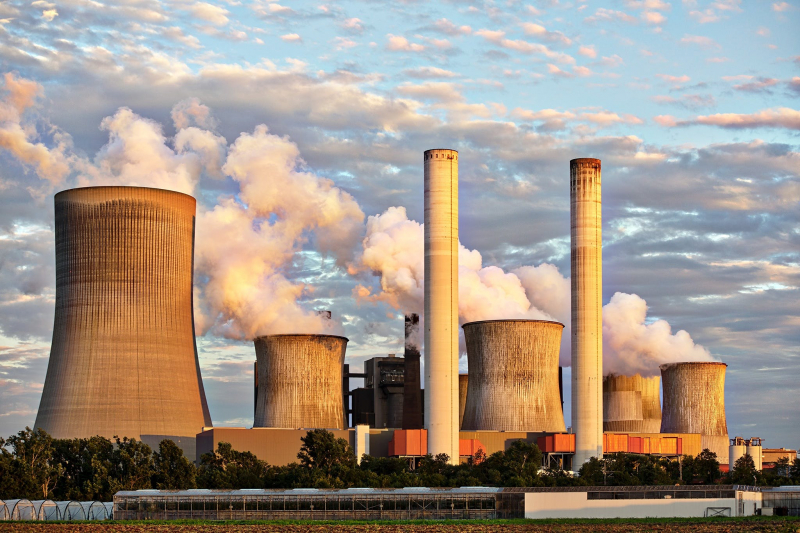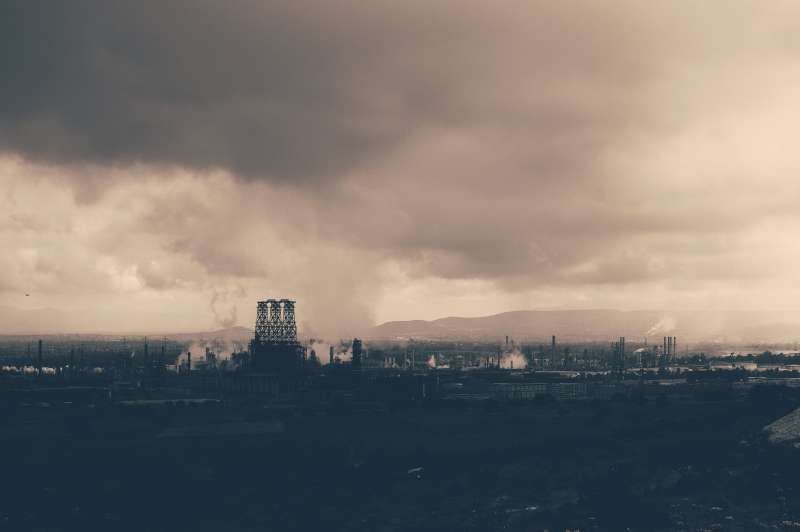Air Pollution
Essay topic: Causes and Effects of Air Pollution
Answer:
Presently, our breathable air is inundated with perilous pollutants, posing significant threats to both our health and the environment. Pollution, stemming from improper disposal of pollutants by individuals, communities, and industries, can be categorized into visible and invisible types. This essay explores the causes and effects of air pollution, shedding light on the critical issue that demands attention.
The combustion of fossil fuels, including coal, petroleum, and industrial combustibles, stands as a primary contributor to air pollution. Additionally, vehicular emissions from cars, trains, and airplanes significantly escalate air pollution levels. The release of carbon monoxide, a colorless and odorless gas formed during the combustion of fossil fuels, further exacerbates the problem. Industries globally release substantial chemical pollutants into the air, impacting regions universally. Indoor air pollution, stemming from household products like cleaning supplies, adds to the toxic mix. Mining operations, extracting minerals from the earth, contribute to the release of dust and harmful chemicals. The culmination of these factors leads to the formation of smog, a hazardous fog with immediate detrimental effects when it engulfs cities or towns.
Air pollution's repercussions are dire, manifesting in various heart and respiratory conditions, cancer, and other health threats. In urban centers, a significant proportion of fatal pollutants causing lung damage emanate from vehicles, affecting both adults and, more significantly, children. The impacts on children are exacerbated due to the higher concentration of pollutants relative to their body size. Globally, millions have succumbed to the deleterious effects of air pollution, while climate change, marked by rising temperatures and melting icebergs, poses a direct consequence. Eutrophication, a chemical present in bodies of water, transforms into algae, affecting marine life. Burning fossil fuels releases harmful gases, leading to acid rain that damages humans, animals, and crops. Ozone layer depletion, caused by pollution, exposes humans to harmful ultraviolet rays, resulting in skin and eye problems.
In conclusion, the detrimental impact of air pollution necessitates urgent collective action. Government policies, regulations, and individual behavioral changes are instrumental in addressing this pressing issue. Embracing alternative energy sources, enforcing conservation methods, and advocating for cleaner practices are imperative steps towards preserving our environment and safeguarding human health.












